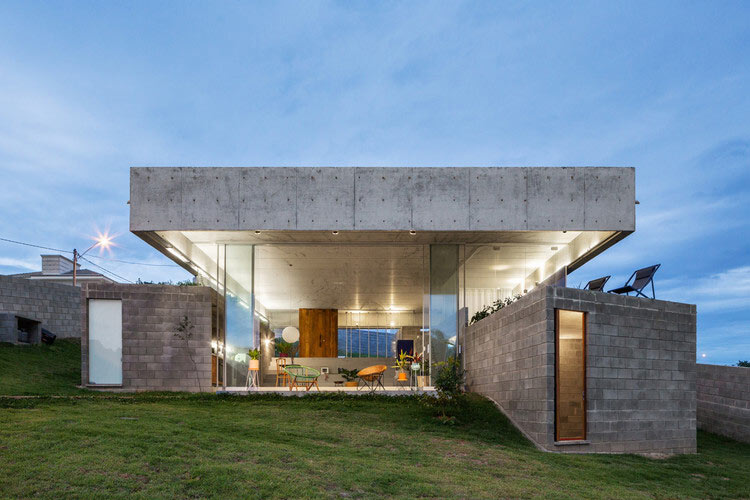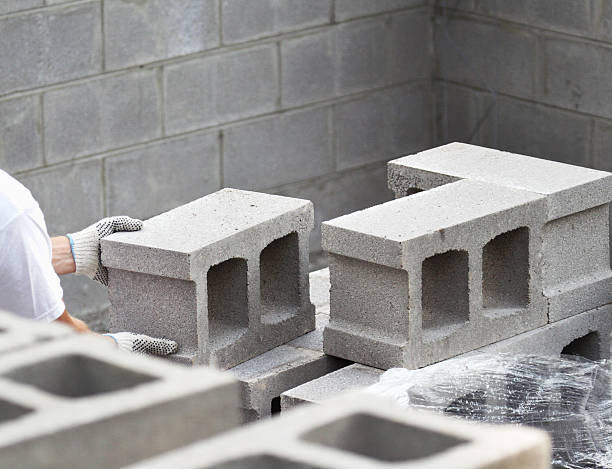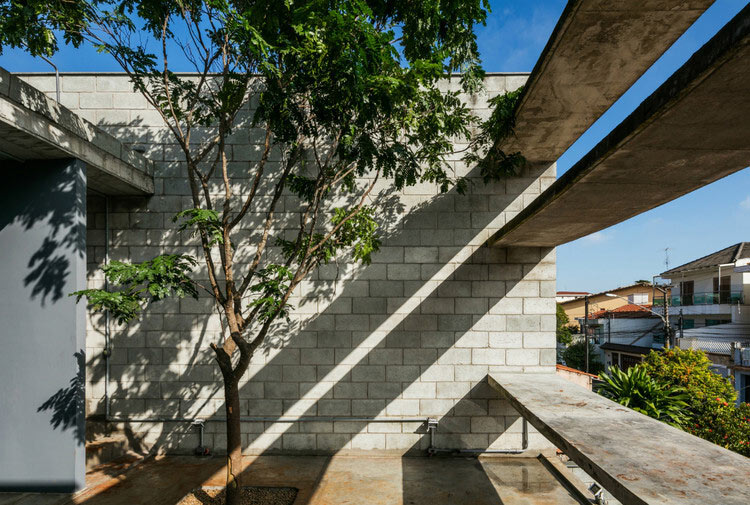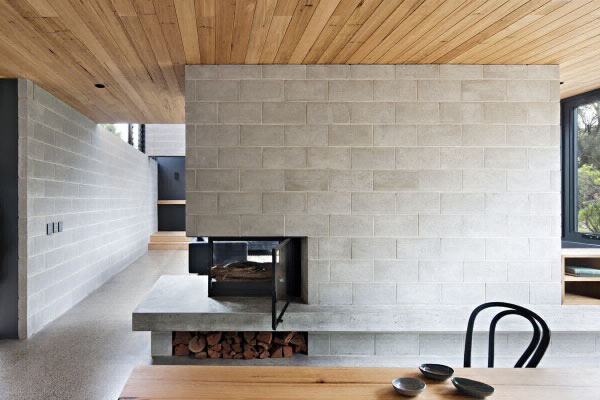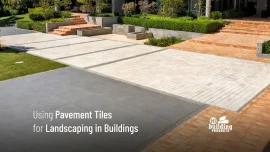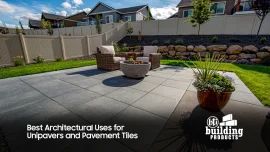
HOW CONCRETE HOLLOW BLOCKS REDUCE CARBON FOOTPRINT
As global temperatures continue to rise and the need for sustainable solutions becomes more pressing, industries across the world are turning to eco-friendly alternatives that can help reduce carbon footprints. One such industry that has made significant strides in this direction is the construction industry, which is responsible for a significant portion of the world’s carbon emissions. However, concrete hollow blocks can reduce carbon footprints because of most of their properties. Find out why they are a great sustainable alternative for construction projects below.
What are Concrete Hollow Blocks?
It is important to start from knowing the basics about any innovative building material. Concrete hollow blocks are commonly used in construction projects and are essentially made of cement, water, and aggregates such as sand and gravel. These blocks have hollow spaces within them, which help reduce their weight and improve their insulation properties. Concrete hollow blocks are widely used in construction projects such as building foundations, walls, and retaining structures, and are known for their strength and durability.
How Do Concrete Hollow Blocks Reduce Carbon Footprint?
Use of Recycled Materials
One of the significant benefits of using concrete hollow blocks is that they can be made using recycled materials, which significantly reduces their carbon footprint. For example, aggregates such as crushed glass and recycled plastic can be used in place of sand and gravel, reducing the need for virgin materials. This not only helps reduce the carbon emissions associated with the production of new materials but also helps reduce waste in landfills.
Energy-Efficient Manufacturing Process
The manufacturing process of concrete hollow blocks is much more energy-efficient compared to other building materials such as brick or stone. Concrete hollow blocks are produced in factories using machine molds and hydraulic presses, which require less energy than traditional brick kilns. This not only helps reduce the carbon emissions associated with the manufacturing process but also helps conserve energy. The final outcome of the machine-led manufacturing process is a smooth hollow block that can be stacked with other blocks to create a building structure – almost like building a shape using Lego!
Insulation Properties
Concrete hollow blocks have excellent insulation properties, which help reduce the amount of energy required to heat or cool a building. This means that buildings constructed using concrete hollow blocks are more energy-efficient and require less energy to maintain comfortable temperatures, leading to a reduced carbon footprint no matter what the season.
Durability
Concrete hollow blocks are incredibly durable and can last for several decades without requiring significant maintenance. This means that buildings constructed using these blocks have a longer lifespan, reducing the need for frequent repairs and renovations, which in turn reduces the carbon emissions associated with construction activities.
Why are Concrete Hollow Blocks a Great Sustainable Alternative?
Concrete hollow blocks are an excellent sustainable alternative for construction projects for several reasons:
Low Environmental Impact
Concrete hollow blocks have a lower environmental impact compared to other building materials such as bricks or stones. They require fewer raw materials, less energy, and have a longer lifespan, making them a more sustainable option for construction projects.
Lower Cost
Concrete hollow blocks are more cost-effective compared to other building materials, such as bricks or stones. This is because they require fewer raw materials and are produced using an energy-efficient manufacturing process.
Versatility
Concrete hollow blocks are incredibly versatile and can be used for a wide range of construction projects, including foundations, landscaping, interiors, walls, and retaining structures. They can be easily customized to suit different design requirements, making them a popular choice for architects and builders.
Concrete hollow blocks are an excellent sustainable alternative for construction projects and can significantly reduce carbon footprints. They have excellent insulation properties, require fewer raw materials, are produced using an energy-efficient manufacturing process, and have a longer lifespan compared to other building materials. As the need for sustainable solutions becomes more pressing, the use of concrete hollow blocks is likely to increase in popularity, making them a popular choice for eco-conscious builders and architects.


